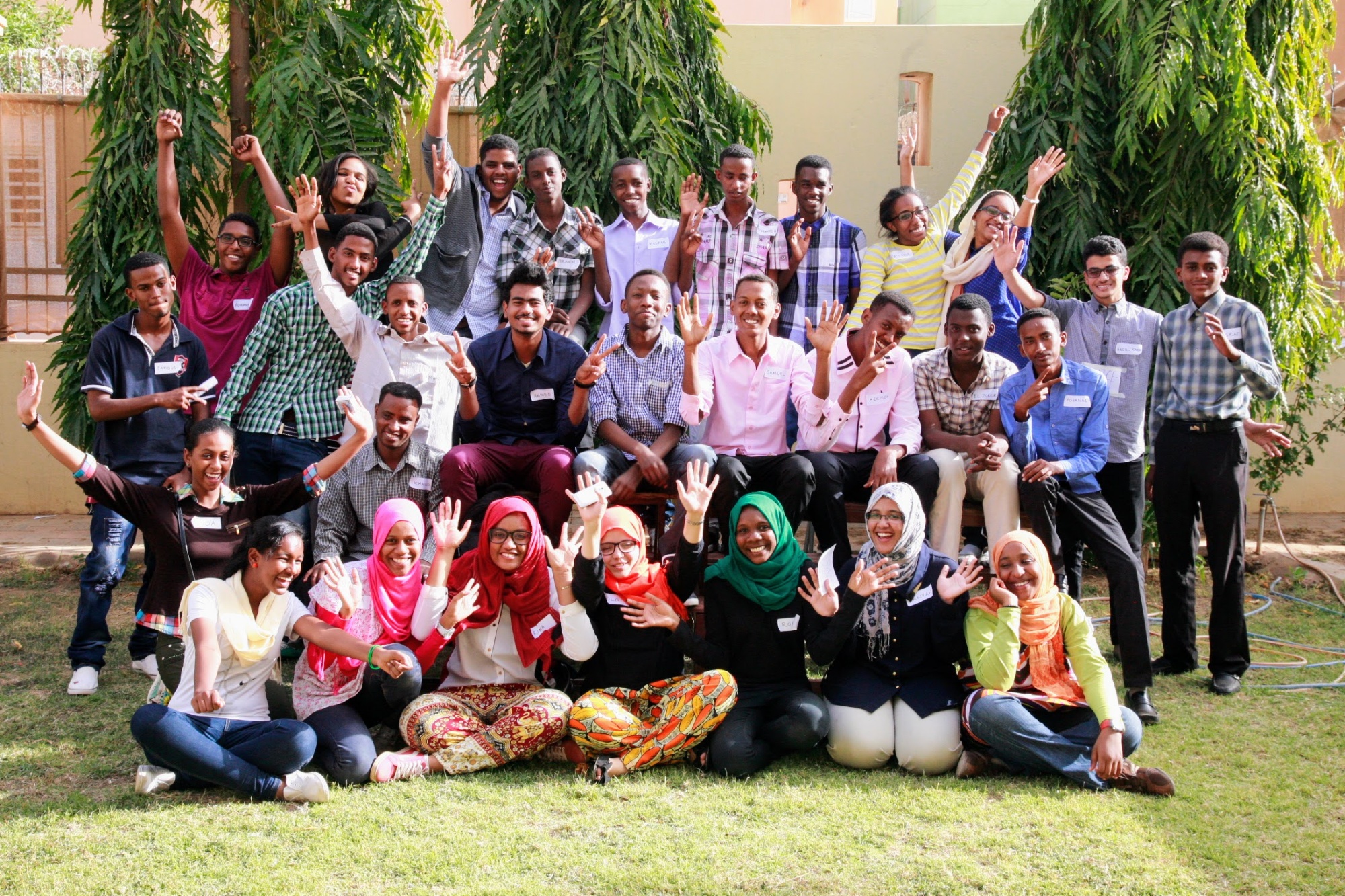The pivotal role of UWC national committees
.png)
Natascha González Pearson (UWC Atlantic 1993-1995)
The reasons behind the founding of the first UWC college in the aftermath of the second world war are widely known. But, perhaps what’s lesser known is the pivotal role national committees went on to play several decades later when it came to forming a cohesive movement united under a single mission to educate for a more peaceful and sustainable future. Natascha González Pearson (UWC Atlantic 1993-1995), was the Head of National Committee Development at the UWC International Office when the movement made the pivotal decision to work as one. Natascha joined us from her home in Sweden to talk about her varied experiences as a UWC student, staff member, national committee volunteer and national committee co-founder.
Let’s dive right into the ‘key moment’ you were involved in when you worked at the UWC International Office. Can you tell us about the decision to move forward as a movement?
Natascha: (Laughs) Well, as you know, the UWC of today is a cohesive yet very diverse movement – and a very digital operation – but I was involved in the UWC International Office (UWCIO) before email was widely used. At that time, the applications and committee reports were sent by post; we were just beginning to use our information systematically. The UWCIO was in a small basement next to the British Medical Association. We were literally like seeds – underground and waiting to grow. It was in Singapore at a global meeting, I think in 2005, where I feel it turned the corner. The next three years were pivotal in acting like a movement and feeling empowered at the central level to own our power. At that point, the International Board was committed to growing as a movement. Christian Hodeige, the Chair of UWC International, relentlessly led this process with my boss, Keith Clark, the Executive Director of the International Office. They made a powerful team.
It was then that we really began to step forward to say, “We are a movement, and we're going to grow together and be responsible for each other.” So the national committee network has always been a driving force for UWC to act and grow as a movement. Looking through today’s lens, we can see we have the potential to be even better coordinated, but it is still incredible for me to see how those first steps were taken.
What role did you play in taking those steps?
Natascha: We were literally developing software to make sense of it all. The other half of the UWCIO national committee team was Natalie Gopal. We worked to turn years’ worth of folders, spread throughout the office, into something that could inform decisions and help committees and schools understand where they had been and where they were going. To understand the impact of the national committee system, we started calculating how much time it brought to the table. Then we asked, “If you wanted to replace that network,” which is simply impossible to replicate for any amount of money, “how much would that cost?” In doing so, we could quantify the value of what the national committees and schools were doing to make the UWC International Board aware of the network's required support. We came to understand that we needed more staff in London, and we needed the schools to operate in a more coordinated way so that, for instance, committees in 140 countries were not receiving 12 different offer packages. It was like SimCity for me: “How do you help build upon strong foundations to guide it into a professional, global organisation?” That was the spirit of the time.
As an alumna, what brought you back to work with the movement?
Natascha: As happens to many graduates, we go on to university and get over the grief of no longer being a UWC student, and then we find other ways to get involved with UWC from another angle. When I returned from university to Colombia, I got involved with the national committee. It was a group of five or six graduates who pushed for the committee to become a legal entity, to become more organised, to have a budget, etc. At the time, I was working for a Swedish international aid programme. When I heard about the job posting for UWC’s Head of National Committee Development, I could not help but apply. It was something I was compelled to do. It made sense for me in so many ways because I could see the impact that UWC had on young people who then went on to do things that were impactful elsewhere. I was yearning to be more connected with grassroots impact – to connect with the people who would benefit from the change and be agents of change. To be at the centre of that global network was a dream come true for someone like me, so I applied.
Can you help us unpack the evolution of the national committees alongside the schools and colleges while you worked at the UWCIO?
Natascha: In UWC, our growth and development was slow and organic. Long before my time, UWC was one college receiving an elite group of European men. Gradually, UWC expanded the diversity and focus of its selections – national and international, cultural, linguistic and whatnot. I saw these changes first hand when I compared the kind of interview I had in 1992 to when I applied to work with UWC. My national committee interview was with a group of elders, mostly foreigners, focusing on sending students meant to thrive at the college. In their mind, that meant one had to be bilingual and have access to a certain amount of knowledge and academic experience. For the longest time, committees felt unsure about, for example, taking the step to send students not already proficient in English.
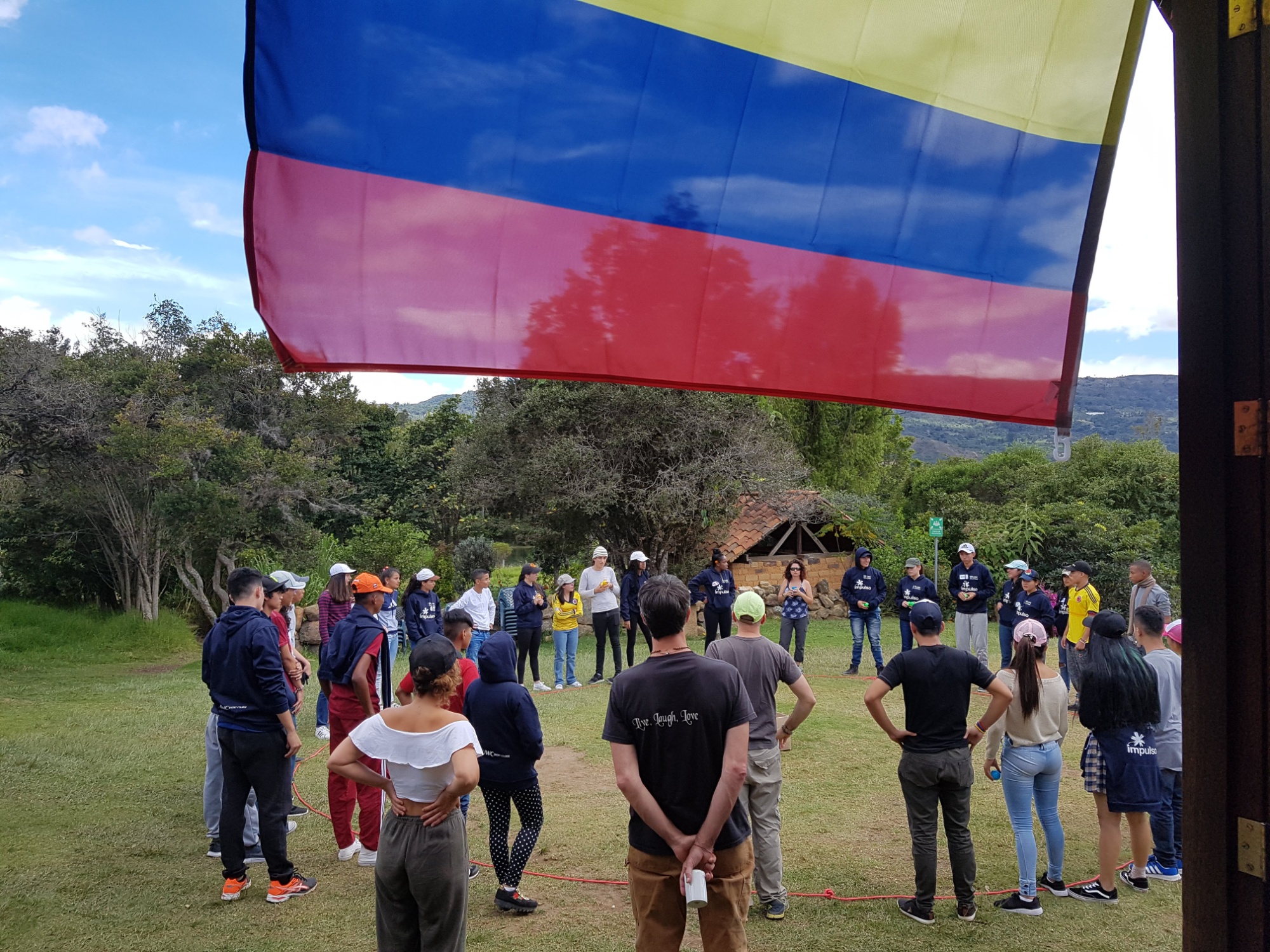
Student selection criteria evolved from a symbiotic relationship between the committees and the colleges, who instil unbelievable trust in national committees. What headmaster in any world-class school would open their gates every year to students they have not actively selected from over 80 different countries and even more educational backgrounds? Some of whom have not spoken, written or studied English before? That takes a very, very bold and principled Head but also an incredibly competent attitude from the faculty towards developing potential. As the definition of an ‘exemplary student’ continued to evolve, and it became clear that colleges could support a variety of students, it was natural that the make-up of the student body would become even more diverse and representative.
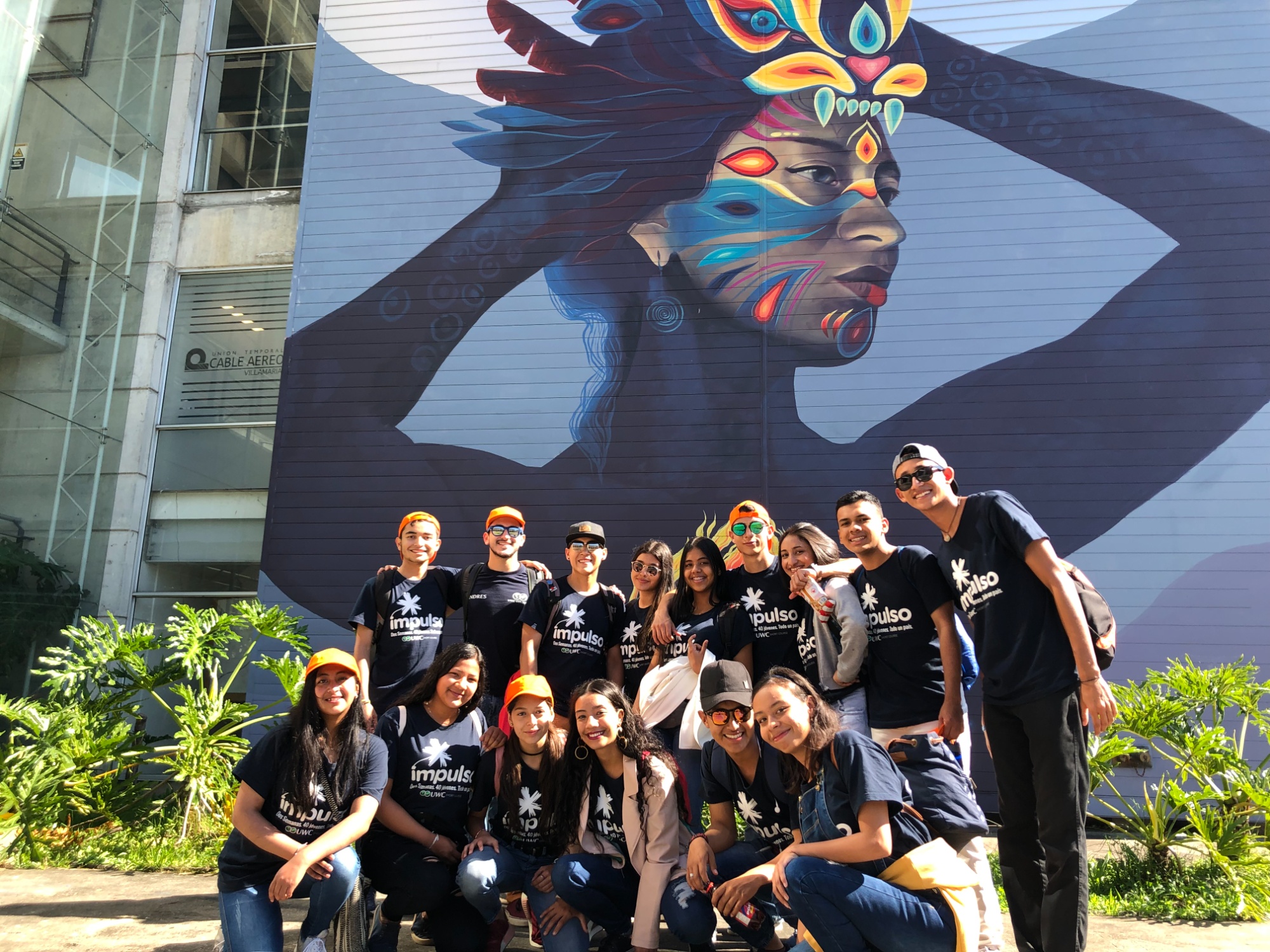
I remember meeting with national committees and reflecting on how to encourage conversations that further distilled this emerging concept of a student’s ‘potential.’ If you claim that ‘everyone can apply,’ but you still compare students based on their ability to write a perfect essay or their English proficiency, in a country like Colombia for example, you would be excluding over 90% of them. So committees became bold enough to say, “Maybe we can and should send students from rural schools who are also exemplary.” It was about broadening that definition and going to the essential values that UWC wanted to support. We could all agree that if a person embodies those values, they don't have to be a certain way. So the Anglo-Saxon version of an outstanding student was no longer the standard. As more of us understood that, different committees became more flexible and more interested in a student’s potential within their context.
Again, an international admissions office of 100 people in Geneva would never grasp the nuances of what it means to be a person in rural Colombia or inner-city Colombo. This joint commitment to diversity has shaped, I believe, how the schools look today.
How stressful is that for you, as a national committee, to have permission to send a student who – on paper – seems like they may not thrive right away but has tremendous potential?
Natascha: Well, I've been involved in selections where we made decisions we would not make again; of course, it happens, but not often. I've also been in situations where colleges get it wrong. But, in the end, colleges and committees recalibrate and continue to develop their working relationship. We have many graduates who are perfect examples of how UWC fosters potential, and they often connect with a new generation of students from similar backgrounds to offer support.
The colleges have also been very good at not immediately judging a committee that perhaps sent a student that was not a good fit. If schools were to be that reactive, then national committees would be very conservative in their interpretation of a student’s potential. When national committees meet each other, this is a key issue. As branches of the movement, we must continue bringing them together; when we do, we make years’ worth of progress in just a few days. Their voice on the International Board is important.
The national committees are a fascinating component of UWC. You have 4,000 volunteers around the world helping to make this movement happen. What do you think is the secret behind how it works?
Natascha: I think if you discover that, you've probably killed the beast (laughs). When you try to identify a fixed list of requirements or a specific formula, you are automatically excluding alternatives that could be a necessary first step. In some countries, for instance, committees used to work because one person led them in a Ministry of Education. That’s just how it was. So we have to respect the different moments that different countries have as they evolve and respect the political environment in which they operate. And if there was a secret “sauce”, I think it’s goodwill and a considerable dose of courage.
What has been the positive impact of your involvement with UWC?
Natascha: From a personal perspective, we've had many young people stay at our house on their way somewhere. It makes me teary-eyed to think about some of those kids, especially the ones who started without a word of English, and you take them to the airport and just know how wonderful and challenging it will be. They are not so sure (laughs). You know they'll stay in your house when they return, and you will see how they have flourished. I have a long list of young men and women with whom we've shared meals in our home, and they are now at university or working. To be a witness to that is amazing.
On a larger scale, one of the wonderful things that I don't think the UWCIO or even the colleges get to see much is the transformative experiences that happen on the ground within a national committee. It can be a fruitful space for integration and experiences within a diverse setting which is not always possible in some countries. In Sudan, for example, the committee started selecting students who lived outside of Khartoum and Eritrean refugees from camps at the border, and that was an incredible experience. At the time, Eritreans could not apply to UWC from anywhere else in the world. These communities would not usually mix, certainly not as peers. So to have those graduates collaborate and work on the committee is quite remarkable. It's not something that committees necessarily talk about or highlight in their annual report.
Tell me about Sudan. How did you get involved?
Natascha: We moved to Sudan in 2011 when my husband worked with the UN. Just months before we moved, South Sudan became independent and separated from Sudan. Historically, students were selected in South Sudan, which meant Sudan had no national committee, and practically no one knew what UWC was there.
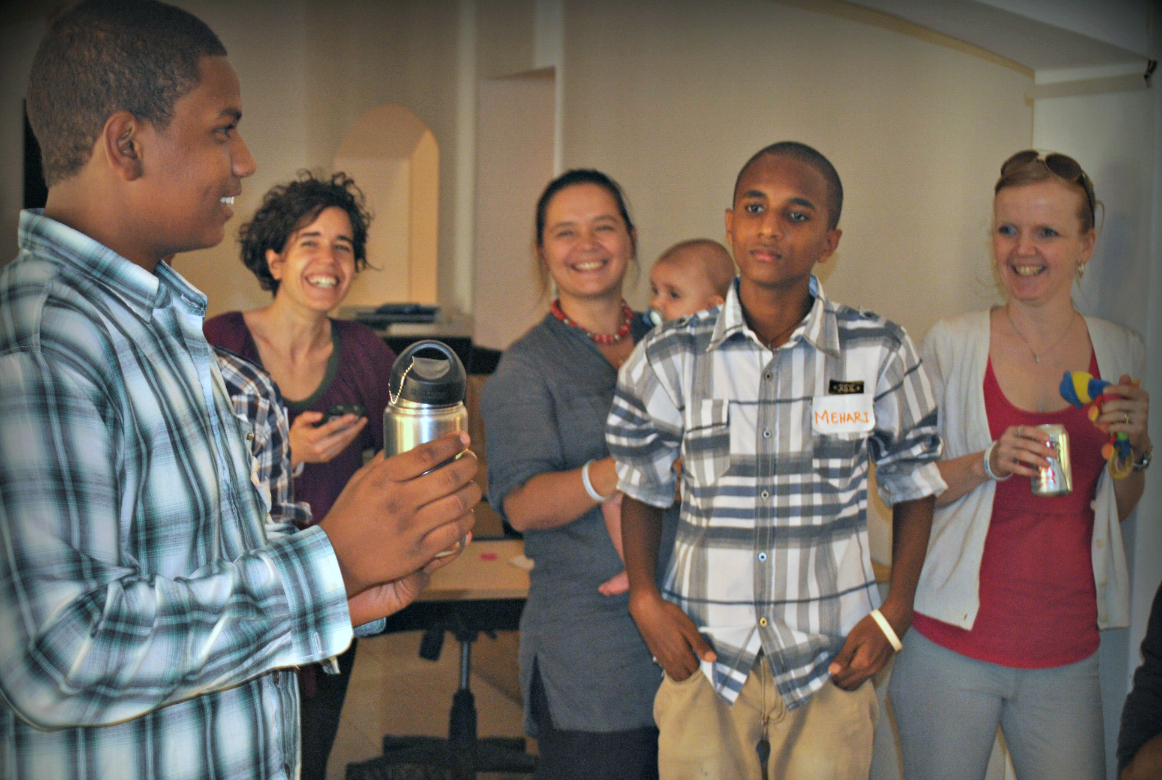 There were three UWC Atlantic College graduates living in Khartoum at the time, and we decided to establish a national committee. Again, the flexibility of the UWC International Office office was key. They could have said, “You need to have a legal identity, bank account, insurance, etc.,” which would have been impossible for us. We had to operate almost in secret. The local families didn’t know what to think, so when our Sudanese colleagues joined us, parents became much more comfortable. We started by sending one very, very bright girl to UWC-USA in 2011. I was incredibly grateful to the college for offering us a place for her. Visas for Sudanese students are not easy to get. It would be much easier to say, “Send me someone from countries where I won't need to hustle to get their visas approved.” To the greatest extent possible, colleges have been incredibly committed to ensuring that visa issues do not hold students back.
There were three UWC Atlantic College graduates living in Khartoum at the time, and we decided to establish a national committee. Again, the flexibility of the UWC International Office office was key. They could have said, “You need to have a legal identity, bank account, insurance, etc.,” which would have been impossible for us. We had to operate almost in secret. The local families didn’t know what to think, so when our Sudanese colleagues joined us, parents became much more comfortable. We started by sending one very, very bright girl to UWC-USA in 2011. I was incredibly grateful to the college for offering us a place for her. Visas for Sudanese students are not easy to get. It would be much easier to say, “Send me someone from countries where I won't need to hustle to get their visas approved.” To the greatest extent possible, colleges have been incredibly committed to ensuring that visa issues do not hold students back.
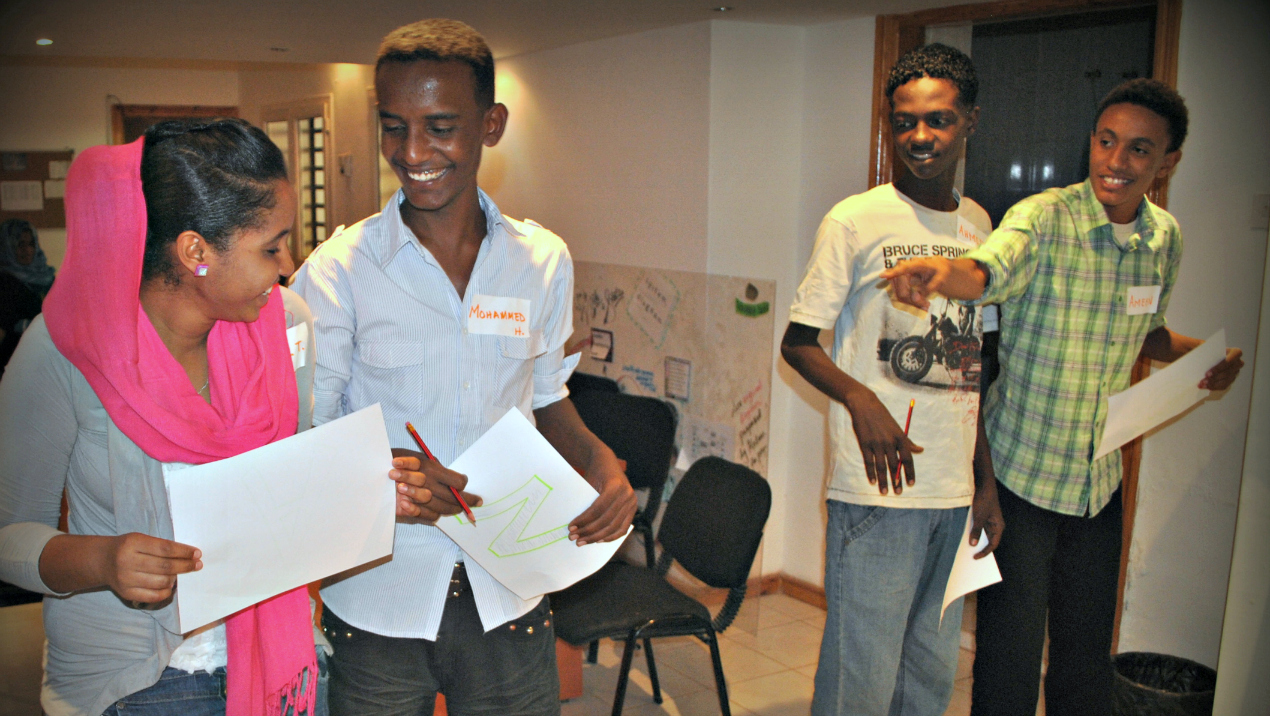
How do you see UWC evolving over the next decade and a half? Can we keep doing what we're doing?
Natascha: Perhaps we need more local programmes attached to the movement. A good number of UWC short courses are running around the world now, for example. As a movement, we need to start responding to the times and the needs of our global society now. And I think those needs will ask us to look local, to leap and be willing and bold in exploring other ways of embodying the movement that are more environmentally sustainable and less attached to a very rigid academic programme. I think we could look at UWC as a vehicle for meaningful refection and integration and to meaningfully construct a community without it being in the paradigm of an academic programme.
I don't think opening a new school every two years is desirable, but I think there's a school or two missing in South America. Obviously, I would say that, but if you look at the map, there are areas of the world where there is no UWC representation, and those should be the priority.
UWC’s 60th-anniversary theme is “Educating for Peace.” How do you feel the national committees support the pursuit of peace?
Natascha: We view the national committees as a highly functional part of UWC – one of the wheels without which the whole system doesn't turn. So it's easy to say, “national committees provide access to those agents of peace.” When you look at this system from above, there is a web of goodwill travelling back and forth across the oceans. Committees, at their core, believe that UWC's mission to make education a force for peace is possible, and they can help others believe this too.
If you can encourage people to get involved, what would you tell them to do?
Natascha: Find the national committee in your country and ask them what they need. Sometimes people just want to be part of the selection process, but committees need so much help in different areas throughout the year. There's always something you can do. And donate, of course!
Is there anything else you liked to share within the context of the anniversary celebrations?
Natascha: I would emphasise that we often celebrate the students, the graduates, the donors and whatnot, but there are also thousands of constant and dedicated individuals on different committees who are not graduates and are a big part of our network. They should also be celebrated. I also think about the people who, 60 years ago, were the ones who started spreading the word about UWC. It's worth acknowledging those pioneers who were not graduates – were probably not even educators – but were foundational in building the web of goodwill that holds us all together today.
